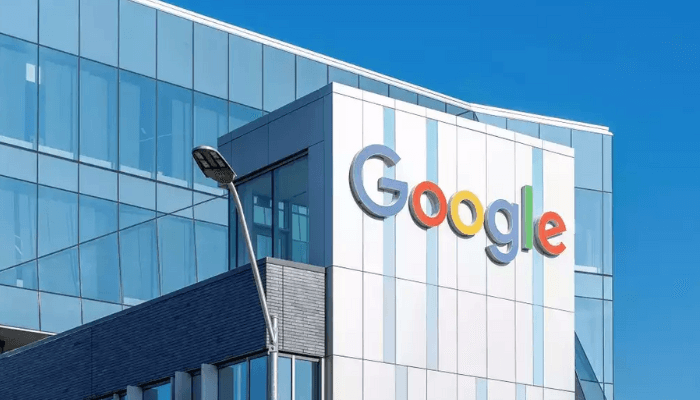Artificial Intelligence will contribute about $15 billion to Nigeria’s gross domestic product (gdp) by 2030, tech giant Google is predicting.
Olumide Balogun, the director West Africa at Google gave this projection at an interactive session titled “Al: The Future of Knowledge and Work” at the ongoing Nigerian Economic Summit on Tuesday in Abuja.
He said Artificial Intelligence is projected to contribute about $13 trillion globally and $1.5 trillion to Africa.
Balogun noted that AI will drive creativity, create and transform jobs, help drive meaningful movements, connections, as well as model us for the quality of work we need, thereby helping grow the economy.
Read also: How artificial intelligence is redefining insurance services
He also said in about five to ten years, there will be notable features that will increase investments in AI
However, Balogun noted that Nigeria has a long way to go if it wants to unlock this potential.
“If we are to unlock this opportunity, we have a long way to go in our AI readiness zone. India is at 62, but Nigeria is at 39.
Read also: Artificial Intelligence in Nigeria: How ready are we?
“And because we are at 39, right now we will only get 2.5% of the africa’s projections. You know I said we could get 10%? We will only get 2.5% of that. Even though we are 17% of the global population. That’s not fair, we have to do better,”
The director said several barriers such as talent, language, infrastructure and more are factors hindering Nigeria from tapping properly into the AI market.
“So the first barrier is talent. Right now there is a huge talent barrier that we have, and this one is one I am so passionate about. We have tertiary education enrollments at 12% right now. If you think about India, they have 30% tertiary enrolments. Brazil is at 32%.
“And you see emerging economies like ours, I am using the word emerging economies as I should say, we should get closer to this as well. Declining school rates. We have 10.5 million children out of school between the ages of 5 and 14. Literacy rates at 66%. Lack of digital skills, over 100 million Nigerians who are lacking digital skills.
“Especially when it comes to STEM education. This is like a crisis.
“infrastructure is the second barrier. We know we have limited internet access. Penetration rate is 5%. We have insufficient computing power in Nigeria.
Balogun proposed that people be trained in the language they understand, so the language barrier can be bridged.
He disclosed that google is working actively with the government through the ministry of communications and digital economy to help Nigeria harness artificial intelligence, and the first draft of strategy is out.
